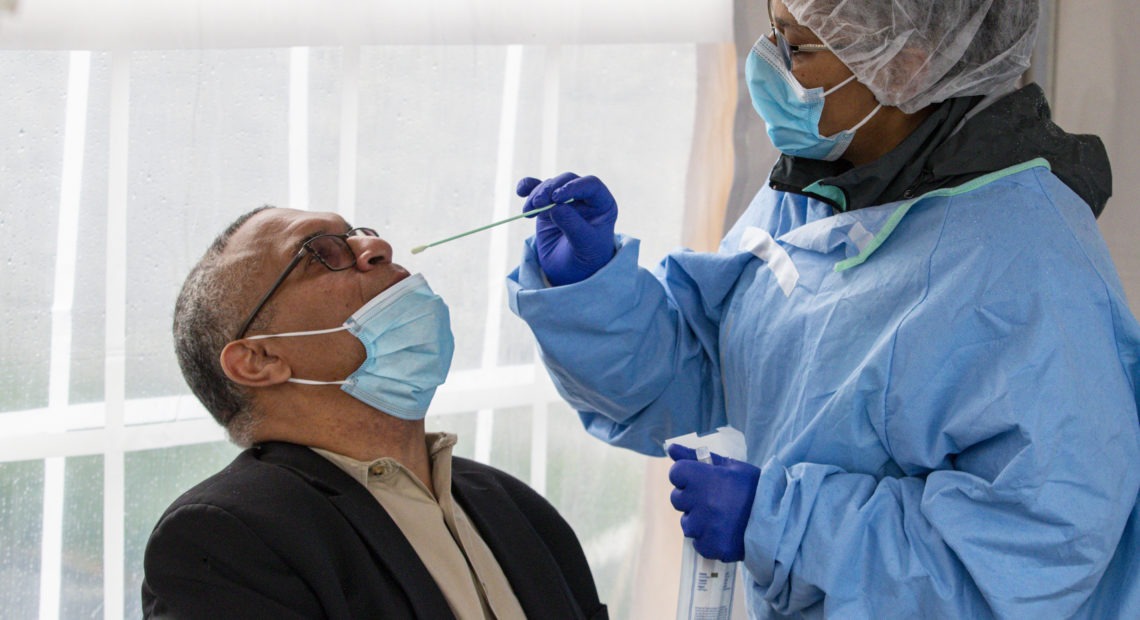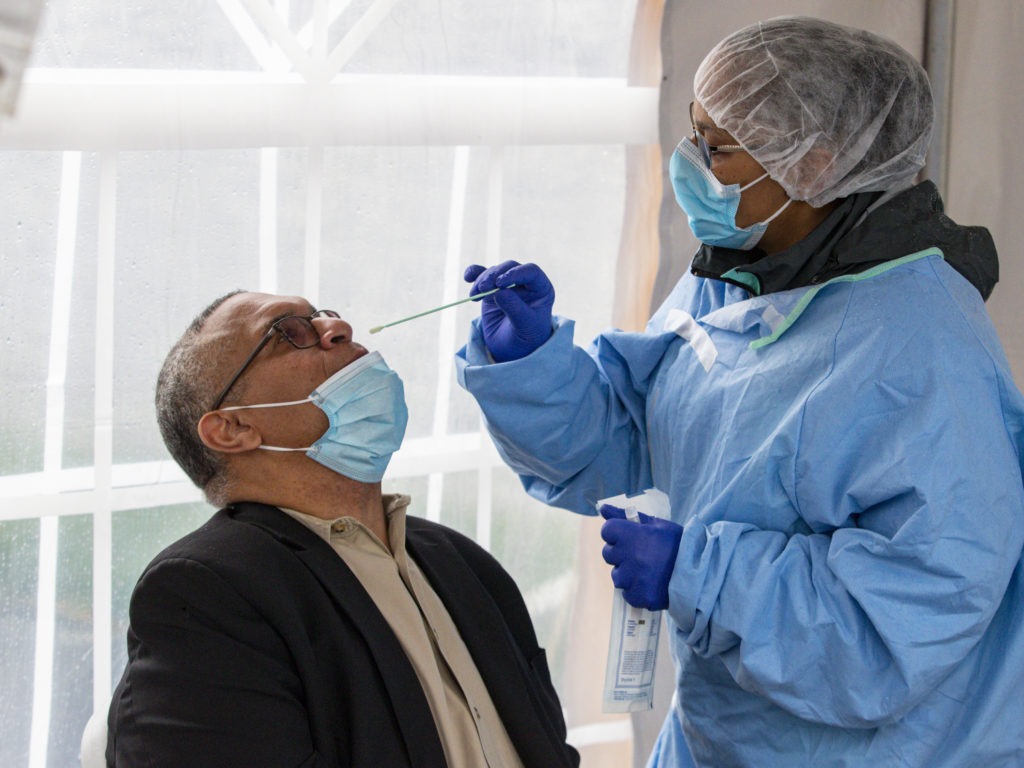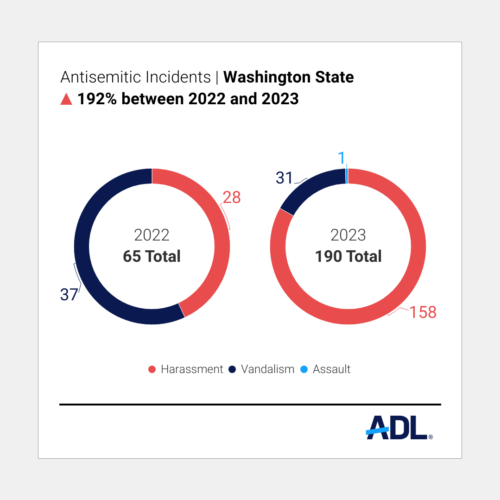
CDC Adds 6 Symptoms To Its COVID-19 List
BY SCOTT NEUMAN
The Centers for Disease Control and Prevention has added several new symptoms to its existing list of symptoms for COVID-19.
The CDC has long said said that fever, cough and shortness of breath are indications that someone might have the disease caused by the novel coronavirus. It has now added six more conditions that may come with the disease: chills, repeated shaking with chills, muscle pain, headache, sore throat and new loss of taste or smell.
The expanded symptoms list could prove important because with a limited number of test kits available, typically those seeking a test must first show symptoms.

Indiana gubernatorial candidate Dr. Woody Myers takes a COVID-19 test at Aria Diagnostics in Indianapolis. CREDIT: Michael Conroy/AP
There is anecdotal evidence for some of those newly listed symptoms. NPR and other news outlets reported last month that loss of smell and taste were reported by some people with COVID-19. Patients with the disease caused by the coronavirus have also reported muscle pain, chills and headache.
The symptoms usually appear within two to 14 days after exposure to the virus, the CDC says. It stresses the “emergency warning signs” for COVID-19 are trouble breathing, persistent pain or pressure in the chest, confusion or inability to arouse. and bluish lips or face. People with any of these symptoms should seek medical attention immediately, the CDC says.
The coronavirus has proved highly contagious and potentially deadly, but the vast majority of people who become infected will show either no symptoms or only mild ones. The U.S., which has the highest number of confirmed cases in the world, is poised to cross the 1 million mark in coming days, with the number of deaths from the disease surpassing the annual death toll for pneumonia and flu, according to the CDC.















